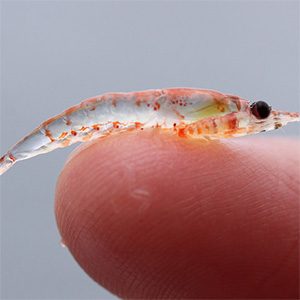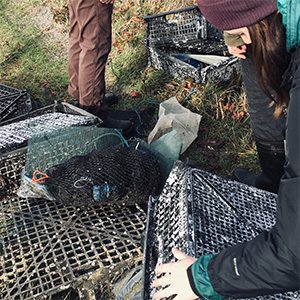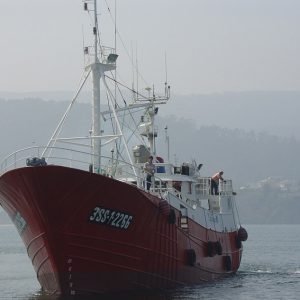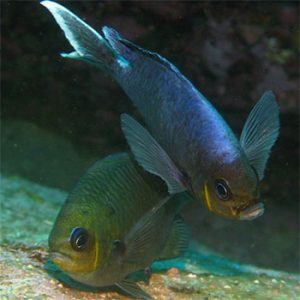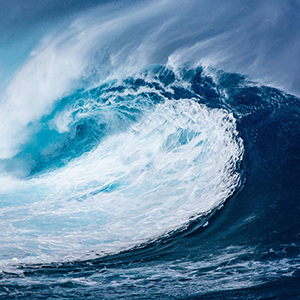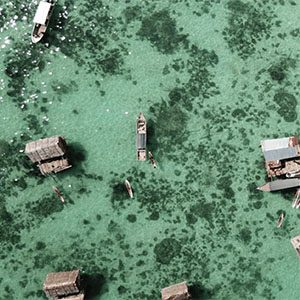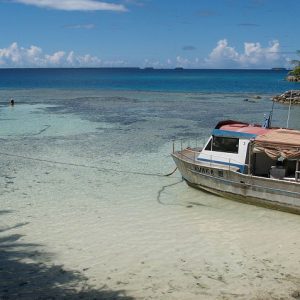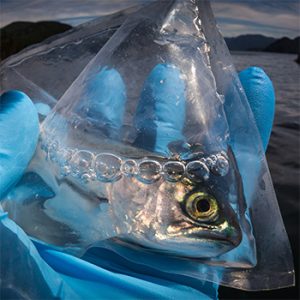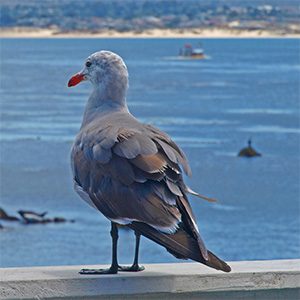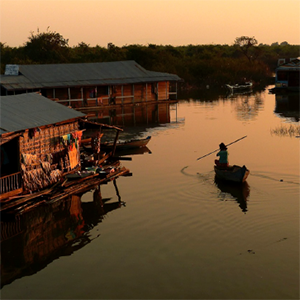As the Antarctic warms, krill move south to the colder ice shelves
“Krill is perhaps the largest fishing resource in the world’s oceans.”
How much microplastic is there in the BC marine food web?
Researchers are concerned with the amount of microplastics consumed by zooplankton and herring, which are foundational species in BC’s regional marine food webs.
Carbon dioxide emissions from global fisheries larger than previously thought
Emissions from the fuel burnt by fishing boats are 30% higher than previously reported
Most female fish grow bigger than the males
In over 80% of fish species, the females, including those known as ‘big old fecund females,’ or BOFFS, grow bigger than the males.
The role of power and politics in shaping our oceans and coasts
IOF researcher Nathan Bennett explored how the oceans are shaped by power and politics, narratives and knowledge, scale and history, and environmental justice and equity.
Sea-ing the People
Research Associate Lydia Teh discusses good stewardship and social responsibility in fisheries
Fishing pressure and climate change challenge Tokelau’s food security
Increasing fishing pressures, combined with climate change, will have a negative effect on the near-shore marine resources of Tokelau
Super Salmon Science
Hakai Institute’s Juvenile Salmon Program investigates factors affecting juvenile salmon across the Discovery Islands and Johnstone Strait.
Industrial fisheries are starving seabirds all around the world
Birds that feed on squid, Antarctic krill and small ‘mid-water’ fish such as herrings and sardines are suffering the most
The impact of global, future change on the lives of Tonle Sap inhabitants
Researchers explored the vulnerabilities of Cambodian lake fishers by examining their livelihood activities and responses to different scenarios of future change.
